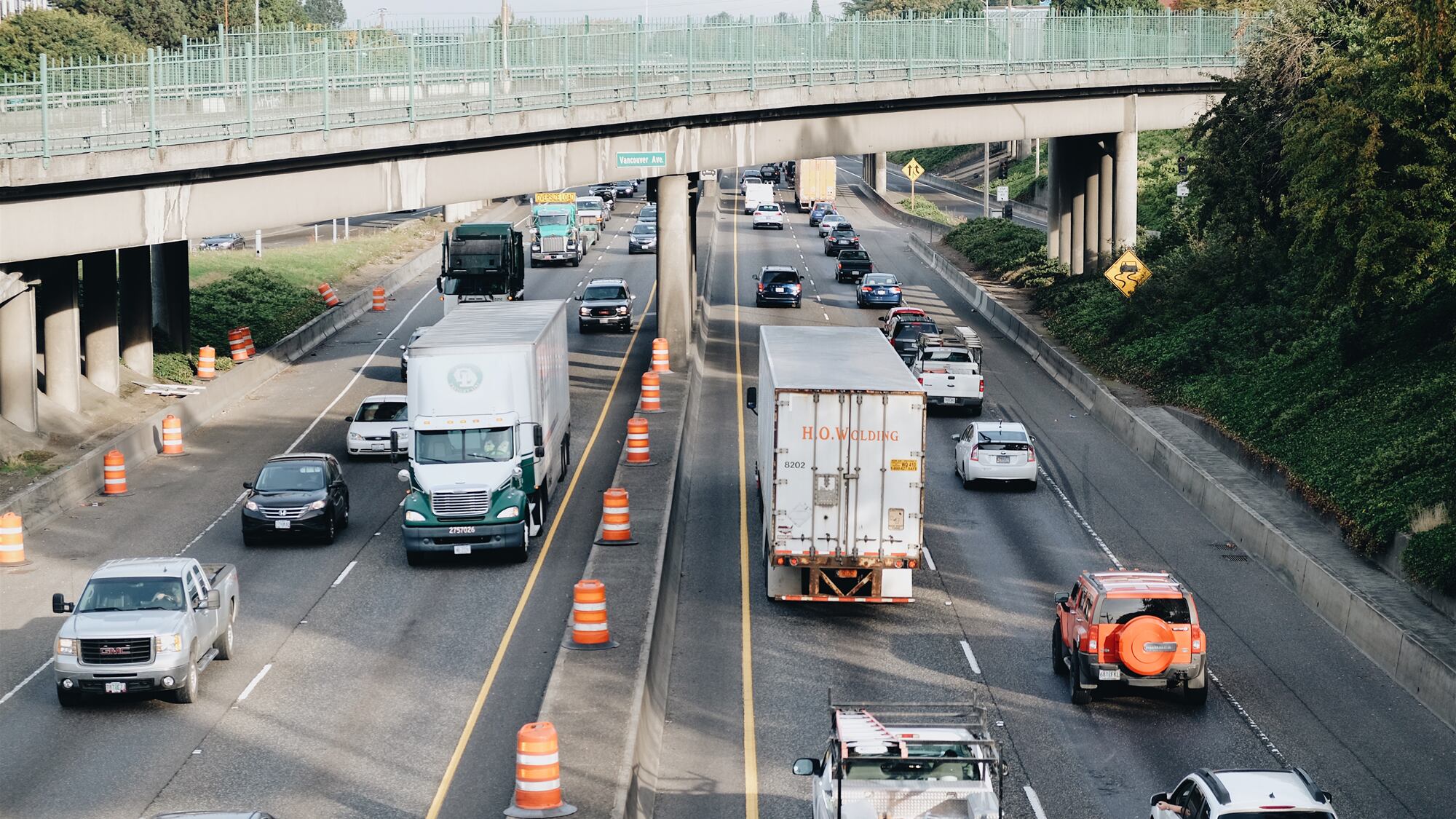An effort by Portland Public Schools to reopen Harriet Tubman Middle School this fall has renewed scrutiny on the health risks of placing schools next to highways.
Air quality tests at Tubman, perched just above Interstate 5 at a bottleneck where traffic crawls out of the Rose Quarter, found such significant problems that PPS is now spending $19.4 million rehabbing the school, a cost that includes the $8.8 million state-of-the-art heating, ventilation and cooling system ("Running on Fumes," WW, July 4, 2018).
But Tubman isn't the only Portland school a stiff breeze away from diesel exhaust.
At least 10 other public schools in Portland sit on property that's within one-tenth of a mile of a major highway or its ramp, a distance at which children could be substantially affected by the cars and trucks that speed or crawl past.
The district says it couldn't find any indication these 10 schools had been tested for pollutants from exhaust.
"Our air quality monitoring at Harriet Tubman Middle School, which will resume once construction is completed, will help guide how we analyze air quality concerns at other schools in the district," says PPS spokesman Harry Esteve.
Five hundred feet (or slightly under a one-tenth of a mile) is the distance California uses in determining whether a new school should open near a highway. (Oregon doesn't have an equivalent standard.)
Experts say spending significant time that close to a highway can carry serious health risks.
"Freeway emissions have been shown to cause health problems, especially for sensitive populations, like children, ranging from asthma to lung deficits," says Linda A. George, a Portland State University professor of environmental sciences, one of the experts who conducted the analysis of air quality at Tubman. "Now there is some study that shows cognitive issues."
Those problems are likely to continue. The arrival of electric cars could reduce auto emissions, George says, but the diesel pollution from trucks will remain intractable without regulators stepping in.
Here's where children are currently going to school in the shadow of Portland's highways.


